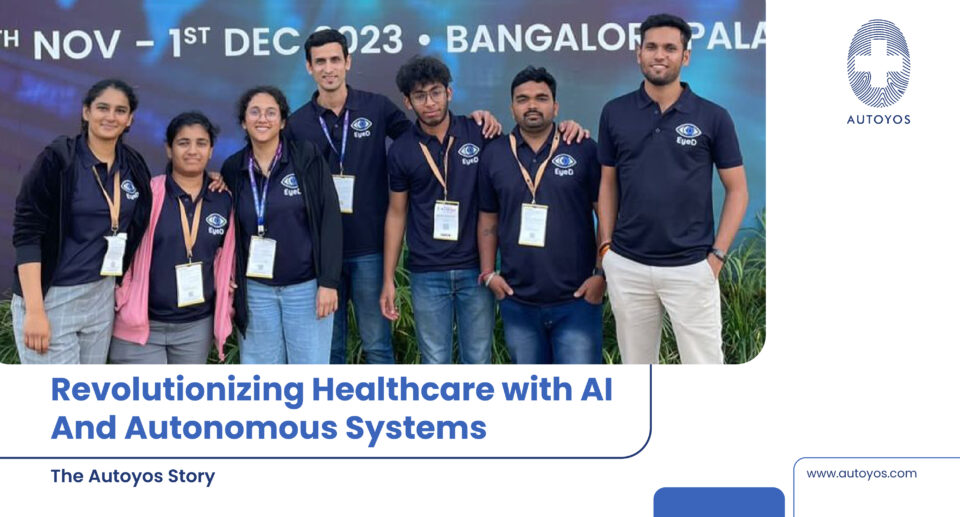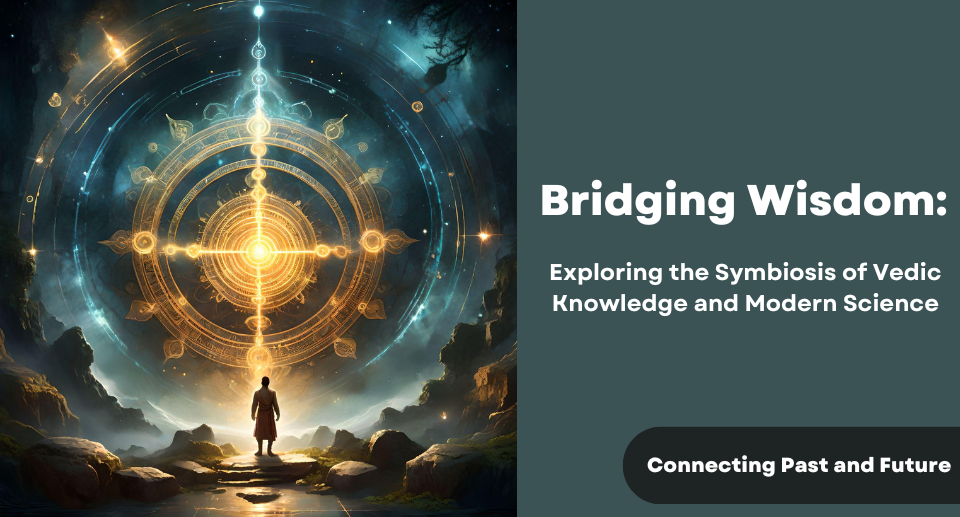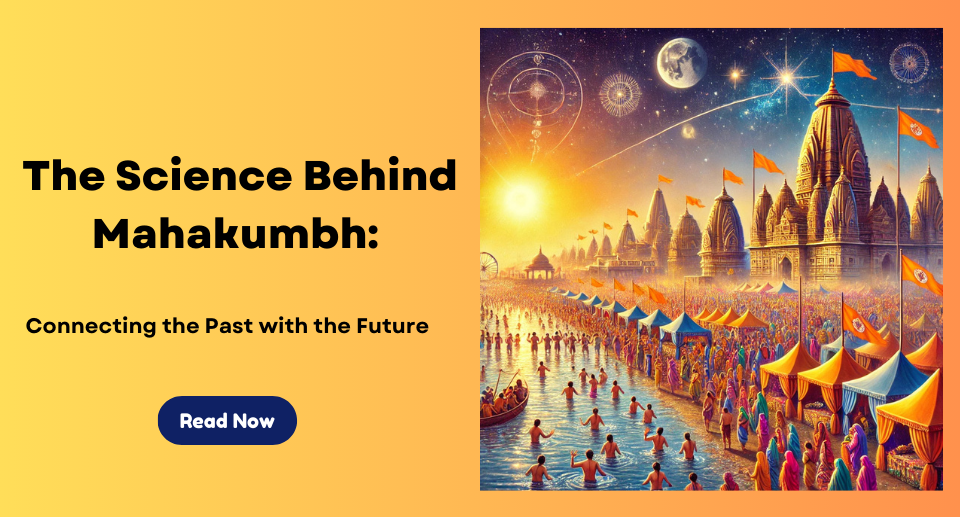India Mother of Science and Civilization Acknowledges William Dalrymple in His Book “The Golden Road”
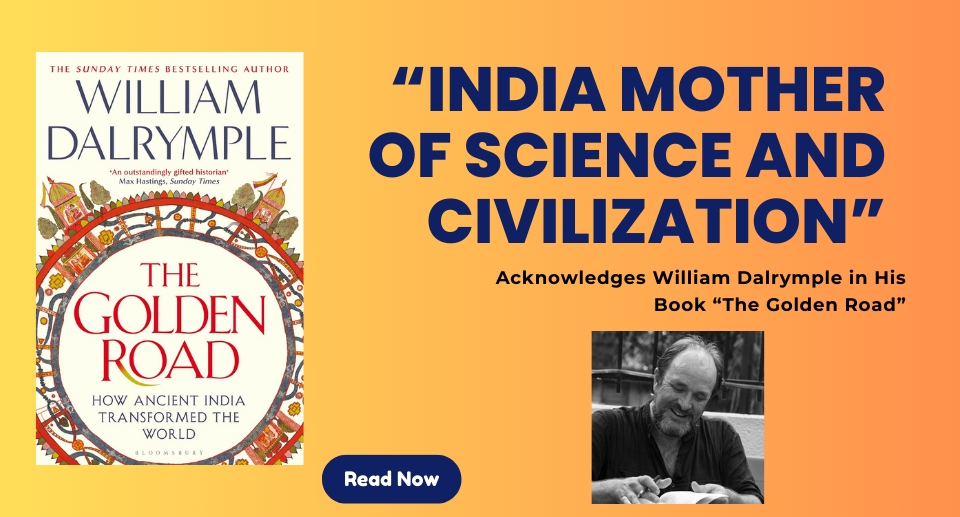
William Dalrymple, in his fascinating book The Golden Road, shines a light on the often-overlooked contributions of ancient India to the world. He states that, “In Britain, we are still astonishingly ignorant about the hidden story of how ancient India shaped the West with the flow of knowledge to Europe in mathematics, astronomy, and much more, which has gone unacknowledged by historians.” His work serves as a powerful reminder of the invaluable heritage of knowledge and innovation that ancient India bestowed upon the world.
The Mathematical Pioneers: Brahmagupta and Aryabhatta
Dalrymple brings attention to the brilliant minds of ancient India, such as Brahmagupta, who seems to be among the first to describe gravity as an attractive force, a full millennium before Isaac Newton. This early insight into gravitational force speaks volumes about the advanced understanding of natural laws in ancient Indian science.
He also discusses the genius of Aryabhatta (476-550 AD), whose works contain a remarkably close approximation of the value of pi (3.146) and delve deeply into spherical trigonometry. Aryabhatta proposed that the Earth is spherical and rotates on its own axis, concepts that were revolutionary for his time. His book “Surya Siddhanta” is a testament to his profound knowledge of astronomy and mathematics.
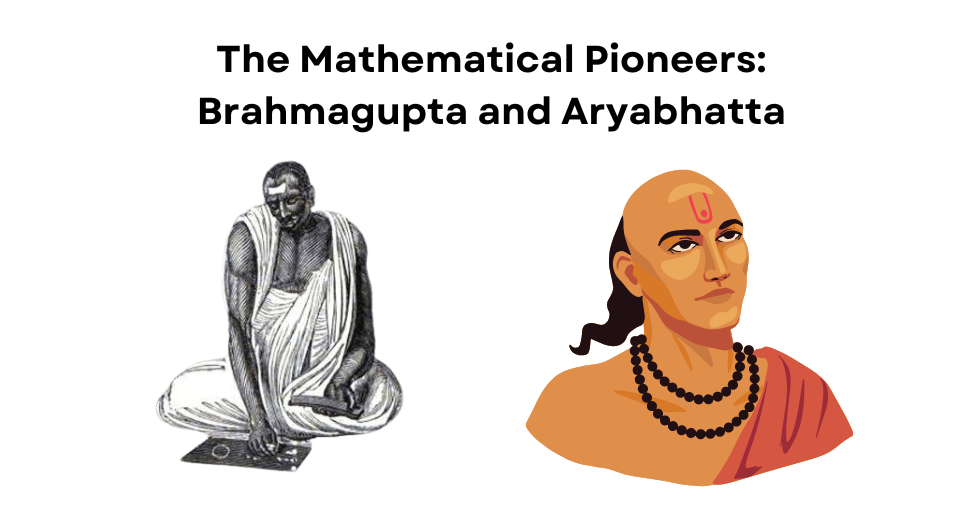
India’s Gift to the World: Zero and the Numeral System
One of the most significant contributions of ancient India to the world is the concept of zero. Dalrymple emphasizes, “It was they who perfected the numeral system in use around the world, arguably the nearest thing the human race has to a universal language.” Imagine a world without the number zero—a fundamental building block of modern mathematics and technology. Yet, the West largely attributes this numeral system to the Arabs, overlooking its true origins in India.
The Cultural and Intellectual Exchange
Dalrymple further elaborates on how the ideas of these Indian geniuses traveled first to the Arab world and then to the West. This flow of knowledge wasn’t limited to mathematics and astronomy but extended to religion, art, music, dance, technology, medicine, language, and literature. He writes, “For a millennium and a half, from about 250 BC to 1200, the rest of Asia was the willing and even eager recipient of a startlingly comprehensive mass transfer of Indian soft power.”
Hidden in Plain Sight: The Indosphere
This spectrum of early Indian influence has been hiding in plain sight, evident in the Buddhism of Sri Lanka, Tibet, China, Korea, and Japan, the place names of Burma and Thailand, and the murals and sculptures of the Ramayana and Mahabharata in Laos and Cambodia. Yet, the Golden Road of monsoon-blown maritime trade routes linking this vast “Indosphere” has never been fully recognized as the connective link between these diverse places and ideas.
Why the West Overlooked Ancient India
Dalrymple poses a poignant question: Why has such an advanced civilization not been more widely acknowledged? Perhaps it’s due to the layers of colonial history and the narrative it built, overshadowing the contributions of the East. However, with works like The Golden Road, the West is starting to recognize the profound impact of ancient India on global civilization.
A Treasure Trove for Science Enthusiasts
For Science in India, it’s a treat to read this book. We regularly stress how ancient Indians contributed to the world. Our recent article, “Exploring the Scientific Depths of Ancient Indian Scriptures,” delves into this rich heritage. We also have a separate category, “Connecting Past and Future,” dedicated to exploring the links between ancient wisdom and modern science.
Inspiring the Next Generation
As we share these stories and insights, we aim to inspire young Indians to take up science and technology, building upon this legacy and contributing to the world in new and innovative ways. The recognition from the West is a start, but the true acknowledgment lies in continuing this journey of knowledge and discovery.
Jai Hind!

